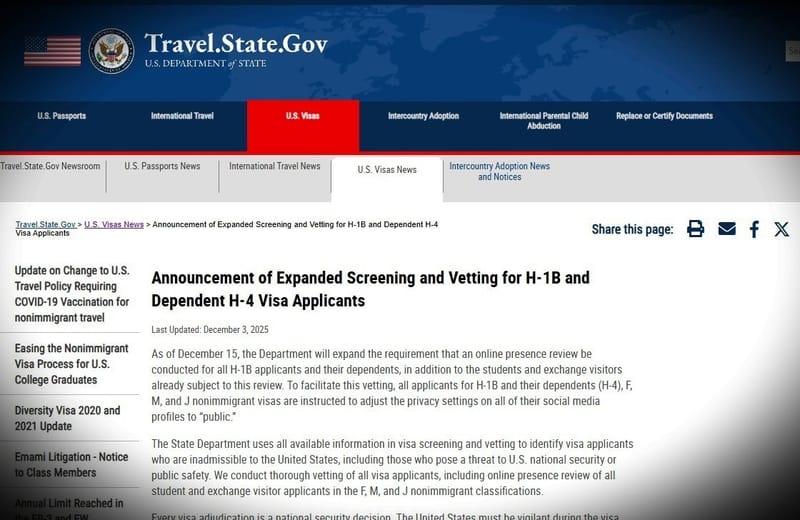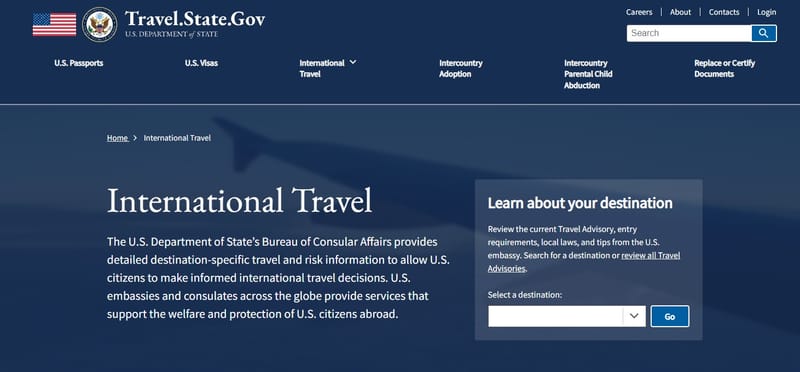USCIS Stricter 'Good Moral Character' Standard Impacts Naturalization Applicants
This administrative shift signals a broader tightening of immigration standards, making the path to U.S. citizenship more demanding and potentially subjective for skilled professionals.
Subscribe to our newsletter and stay informed about latest H1B news, policy updates and and other developments.
Article Summary
USCIS has issued new guidance for naturalization applicants, mandating a stricter, holistic review of 'good moral character' that requires evidence of positive community contributions beyond a clean criminal record. This directive aligns with the Trump administration's merit-based immigration agenda, though critics express concern over potential subjective judgments by officers.
Original Article: newsmax.com
[ Sentiment: negative | Tone: factual ]
This summary and analysis were generated by TheNewsPublisher's editorial AI. This content is for informational purposes only; it does not constitute legal or immigration advice.
[ Sentiment: negative | Tone: factual ]
This summary and analysis were generated by TheNewsPublisher's editorial AI. This content is for informational purposes only; it does not constitute legal or immigration advice.
TNP AI: Key Insights
This USCIS guidance, though focused on naturalization, signals a broader administrative push for heightened scrutiny across all immigration benefits. For skilled professionals and their employers, it means that even after years of legal residency and contributions, the final step to citizenship becomes more challenging and potentially subjective. This increased demand for 'positive contributions' beyond a clean record could lead to inconsistent application and prolonged uncertainty for applicants.
While 'good moral character' has been a part of U.S. naturalization law since 1790, this memo represents a significant tightening of its interpretation, moving beyond a simple absence of misconduct to require active demonstration of civic responsibility. This administrative posture, emphasizing a 'best of the best' standard, could set a precedent or influence the assessment of character and eligibility in other visa categories, potentially leading to legal challenges regarding its subjective nature and impact on processing.




